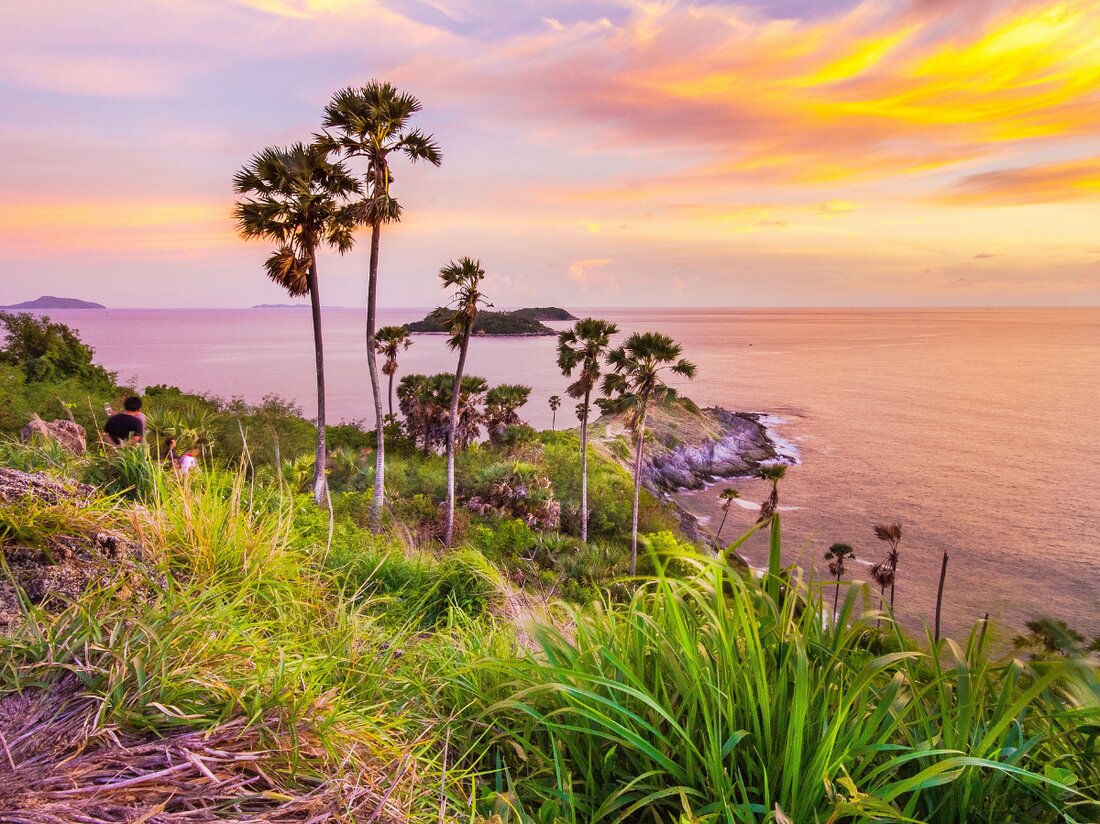Ascott expands in Thailand: new luxury hotels and sustainable strategies!
Ascott expands in Phuket with new luxury projects and pursues sustainable growth strategies for 2025.

Ascott expands in Thailand: new luxury hotels and sustainable strategies!
Phuket, the Pearl of the South, is on the pulse of rapid change in the tourism sector. Ascott Limited Thailand, a subsidiary of CapitaLand Investment, has ambitious plans for 2025. With a clear asset-light strategy through management contracts and franchising, the company aims to expand its portfolio while meeting the needs of business and leisure tourism. today.line.me reports that Ascott currently has 26 active projects in Thailand, supplemented by one project in Laos and four more in development.
Growth will be supported by the opening of the luxury serviced residence La Clef Bangkok by The Crest Collection in June 2025, as well as the debut of Ascott Abov Patong Phuket, the first resort and residences project in the popular holiday region. Markus Sangmookda, Country General Manager, highlights the importance of Thailand as a strategic center for tourism in Southeast Asia.
Diverse forms of accommodation in focus
When you look at the average occupancy rates, it becomes clear where the journey is headed. Bangkok has an occupancy rate of 68%, Sriracha and Pattaya also show healthy numbers at 70%, while Vientiane is even at 80%. This suggests that demand remains stable despite challenges in the leisure segment. Corporate demand in particular from markets such as Thailand, Japan, China, Taiwan, the USA, Austria and South Korea is pointing upwards. ryt9.com highlights that demand from China is being offset by growth in travelers from other Asian countries as well as the rest of the world.
At a time when trends such as bleisure and digital nomads are gaining traction, Ascott is committed to strategically diversifying its portfolio. The company plans to expand accommodation types beyond traditional service residences and also offer co-living spaces and hotels.
An eye on sustainability
Thailand is not only committed to tourism growth but also recognizes the need for a sustainable approach. In 2019, tourism alone generated 2 trillion baht and represented almost 11% of GDP. Despite this economic importance, there are the challenges of the so-called “White Lotus Effect”, which describes the negative impact of tourism on local cultures and ecosystems. sigmaearth.com documents that over 39 million international tourists visited Thailand in 2019, which was particularly strong frequented areas led to an increase in the cost of living.
The Thai government has taken steps to promote sustainable tourism, including the “Go Green” campaign. Initiatives such as community-based tourism (CBT) aim to engage local communities and secure local income. This could provide a sustainable solution while preserving cultural heritage.
Overall, the picture is clear: Phuket and Thailand are committed to balanced growth that respects both economic and environmental needs. It remains exciting to see how the tourism landscape will develop in 2025.

 Suche
Suche
 Mein Konto
Mein Konto
